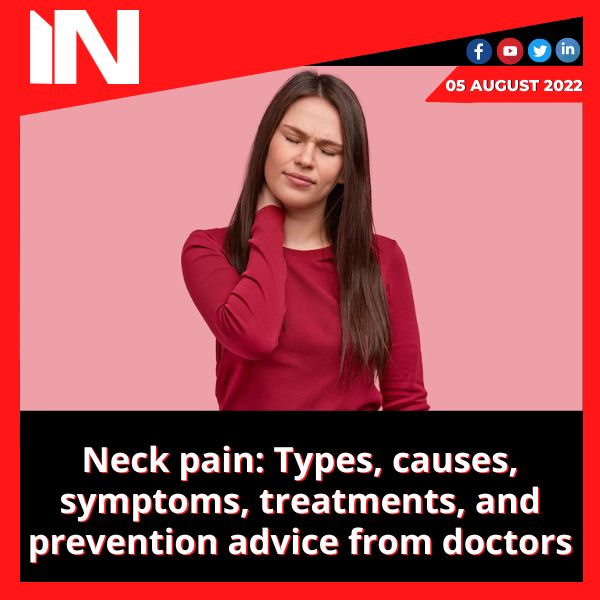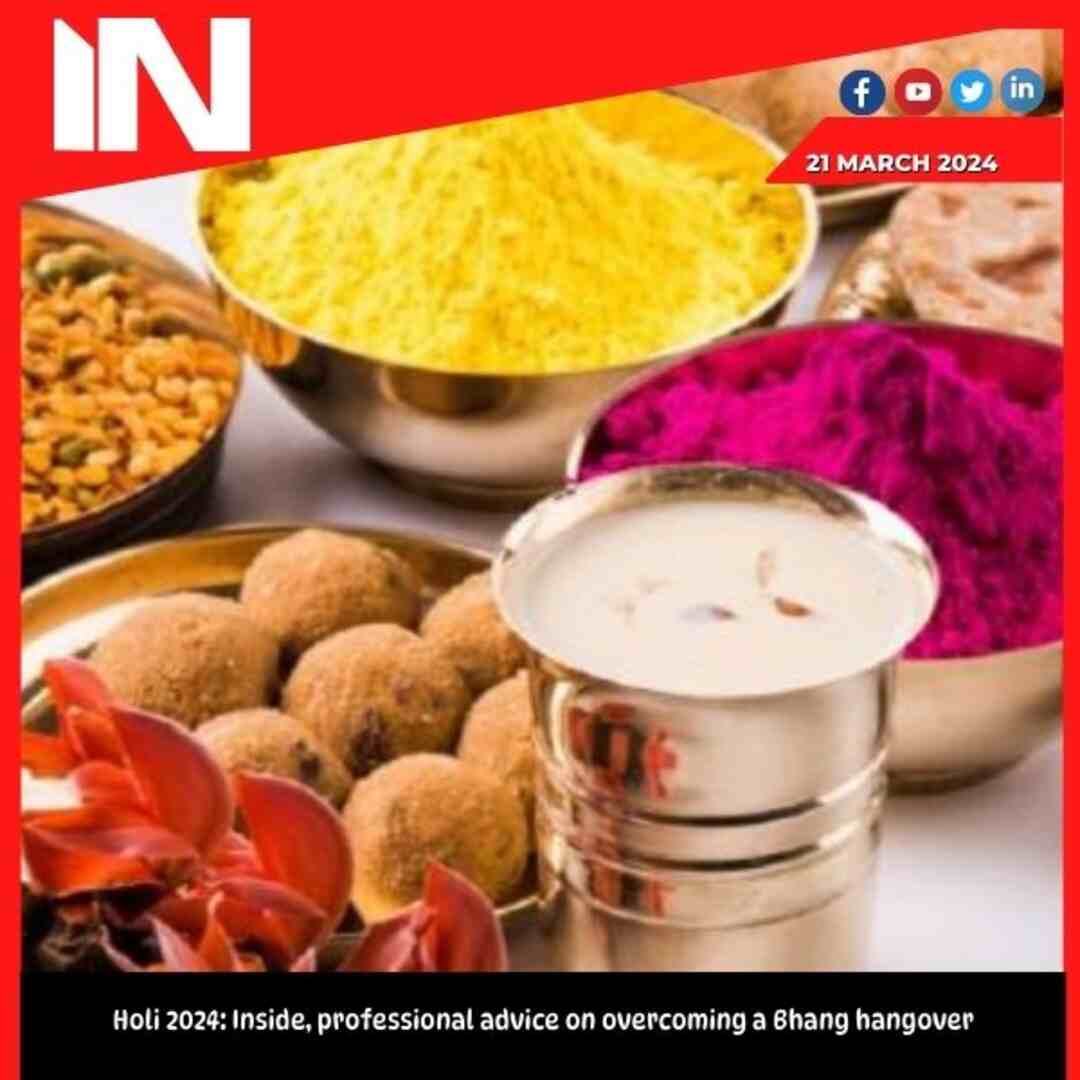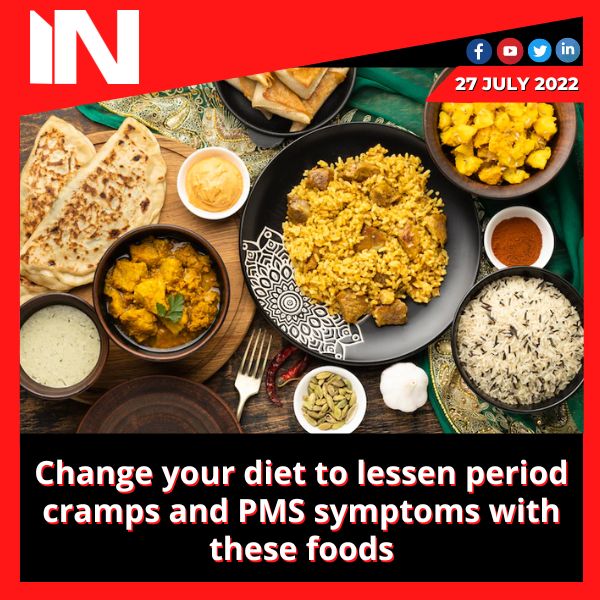health and remedies
Neck pain: Types, causes, symptoms, treatments, and prevention advice from doctors

One in three people experience neck pain at least once a year, making it one of the most prevalent musculoskeletal disorders. It can be mild or severe, spread to our arms and shoulders, and cause headaches. Neck pain or discomfort is a multifactorial disease that can reduce productivity and efficiency, but it can also be managed with a healthy lifestyle that includes regular exercise, a balanced diet, and a good work-life balance.
Types:
Neck pain can come in a variety of forms, according to Dr. Jagjit Singh, Senior Orthopaedic Consultant at Mata Chanan Devi Hospital in Janakpuri, Delhi. Common types include the following.
1. Occipital Neuralgia – This type of headache causes pain in the back of the head, the area behind the ears, and the upper neck. Occipital neuralgia is brought on by inflammation or injury to the occipital nerves, which run through the scalp.
2. Cervical Radiculopathy – Also referred to as a pinched nerve, this condition typically results from a herniated disc in the neck. As a result, the neck, shoulder, arm, and fingers may experience excruciating pain. One of the most agonising neck conditions, thankfully with a favourable prognosis.
Facet arthropathy is a well-known cause of neck pain and the term implies that the small vertebral joints in the neck are affected by arthritis. It might be brought on by illnesses like rheumatoid arthritis or ageing.
4. Myofascial Pain Syndrome – Neck muscles and fascia are impacted by this chronic pain condition. One of the body parts where Myofascial Pain Syndrome can manifest is the lower and upper back, neck, shoulders, and chest. This could be caused by the repetitive motions people do at work, stress-related muscle tension, muscle injuries, bad posture, or inactive muscle groups.
5. Cervical Spondylosis – Cervical spondylosis is the name for age-related wear and tear in the cervical spine that causes neck pain and stiffness.
6. Whiplash Neck Sprain – This occurs when your neck sustains rapid trauma as a result of an accident, auto collision, etc.
7. Fibromyalgia – This condition is characterised by widespread musculoskeletal pain and may also cause sleep, memory, and mood problems. Most people have back and neck pain that is very severe and stiff.
Causes:
Dr. Vivek Loomba, a pain management specialist at The Indian Spinal Injuries Center in Vasant Kunj, New Delhi, listed a few typical causes of neck pain:
1. Physical strain – The most frequent cause of neck pain, this condition is brought on by overusing the neck muscles during strenuous physical activity, weight lifting, toting heavy objects on the shoulder, long distance driving, etc. All of these activities could result in neck pain from strained neck muscles or ligaments. On rare occasions, it could lead to a disc herniation, which could result in neck pain that travels down the arm.
2. Posture – One of the main contributors to neck pain is poor posture. Using smartphones and laptops for extended periods of time while hunched over with the neck bent forward (text neck syndrome) places more strain on the cervical spine, leading to cervical degeneration, stiffness, and pain. According to Dr. Loomba, the number of students attending school has steadily increased.
3. Whiplash injury – A sudden, jerky movement of the neck during a car accident can cause whiplash injury, which causes neck pain.
4. Arthritis – Neck pain may be brought on by arthritis in the neck’s vertebral joints.
5. Other – Neck pain can have other causes, such as stress, depression, infection, tumours, etc.
Symptoms:
According to Dr. Jagjit Singh, neck pain can range from a nagging, irritating ache to a burning, incapacitating nerve pain that may radiate down the shoulder and into the arm. Dr. Singh emphasised the importance of making the right diagnosis before beginning any treatment because the aetiology of the disease determines how it should be treated.
Aside from neck pain, other symptoms can include:
1. Migraine
2. A sleep disorder
3. Neck discomfort or fatigue
4. Poor sleep quality
5. Arms or fingers that are numb or tingly
6. Arm-reaching pain or a weakness
7. Occasionally losing control of one’s bowels or bladder
Taking care of neck pain
The majority of neck pain problems go away on their own in a few days, but according to Dr. Singh, you should seek medical attention if you experience severe pain, persistent discomfort, or neck pain that interferes with your daily activities. He went on to explain that an orthopaedic doctor or a pain management doctor can assist you by attending to your problem and by recommending one or a combination of therapies.
Since most neck pains are benign, surgery is rarely necessary. There are numerous treatments available, depending on the cause and degree of the neck discomfort.
Treatment:
The best results for treating neck pain have consistently been seen with a multimodal approach. Dr. Vivek Loomba lists the following as the most typical neck pain treatments:
Acetaminophen (crocin), non-steroidal anti-inflammatory drugs (NSAIDs) like ibuprofen, muscle relaxants like myoril, and weak opioids like tramadol are just a few of the medications that are commonly prescribed.
One of the most popular treatments for persistent neck pain is physiotherapy. Stretching and strengthening neck muscles and tendons are the main goals of physical therapy.
3. Hot Fomentation – Heat application to the affected area may provide effective symptom relief.
4. Injections – A quick procedure is another option for treating neck pain. Occipital nerve blocks, epidural injections, facet joint injections, and trigger point injections are a few examples. For long-lasting relief, radiofrequency ablation of the occipital nerves and facet joints can also be done. Patients with chronic neck pain have shown to experience pain relief from these procedures.
5. Surgery – The majority of neck pain sufferers benefit from conservative and non-surgical treatment options. Rarely, surgery is the only treatment available. If urgent surgical exploration is not done, patients who present with neck trauma, such as from car accidents, may be at risk of paralysis. Similar to this, people with disc herniation may experience upper limb weakness that necessitates immediate surgery. Patients and their families should keep in mind that in these situations, urgent surgery may be life-saving, and any delay in making a choice could have terrible, and in some cases, potentially fatal, consequences.
Prevention advice
Dr. Jagjit Singh contends that minor lifestyle adjustments can significantly reduce the risk of ailments like neck pain. These consist of:
1. Maintain the proper body posture. The bones and joints are in alignment with the right posture, preventing muscle strain and the ensuing pain.
2. Neck pains may be avoided by leading a healthy lifestyle that includes daily neck stretches and 10 to 15 minutes of neck exercises while using a phone or computer.
3. Steer clear of lifting anything heavy because it could hurt your neck.
4. Wear a seat belt; it may offer some protection in the event of a motor vehicle accident.
5. Seek assistance – If you experience chronic neck pain, please visit your pain specialist or an orthopaedic doctor. Self-medication could delay proper care, making the issue worse.
If you experience neck pain, you should see your doctor as soon as possible because there are many different causes of neck pain. The majority of neck pains may go away on their own with rest and activity modification, but sporadic neck pains may be indicative of a more serious pathology and necessitate specialised care.
Group Media Publications
Entertainment News Platforms – anyflix.in
Construction Infrastructure and Mining News Platform – https://cimreviews.com/
General News Platform – https://ihtlive.com/
Legal and Laws News Platforms – https://legalmatters.in/
Podcast Platforms – https://anyfm.in/
Trending
Holi 2024: Inside, professional advice on overcoming a Bhang hangover

Holi 2024: We are eagerly awaiting the arrival of this festival of colors, which is quickly approaching. Every year, the nation celebrates Holi with great fanfare and extravagance. Holi commemorates the eternal love and marriage of Goddess Radha and Lord Krishna. In addition, Holi commemorates Lord Vishnu’s victory over Hiranyakashipu, highlighting the idea that good always triumphs over evil. Holi will be celebrated on March 25 this year. Holika Dahan, also known as Chhoti Holi, is observed the day before Holi. On the day of Holi, many customs and rites are observed throughout India. The cities of Barnsana and Nandgaon celebrate Lathmar Holi, whereas Vrindavan celebrates Phoolwali Holi.
Holi 2024: Here are some professional suggestions to avoid Bhang hangover, ranging from eating a balanced diet to sipping herbal tea.
During Holi, a variety of snacks and beverages are made to be enjoyed with loved ones. The colorful, crispy, and delectable Holi snacks range from gujia to rasmalai to namakpare. Thandai, a delightful concoction of milk, spices, and sweets, is the queen of the drink table. Bhang is among the primary draws of Holi. For its euphoric impact, thandai is sometimes blended with powdered paste made from the female cannabis plant’s leaves and flowers. But after the first euphoria wears off, there’s also the inevitable hangover the following morning.
Methods for overcoming a hangover
Hydrate the body: Hydration is crucial for managing a hangover caused by Bhang during Holi. Sip on lots of water to flush out toxins and replenish your body’s moisture.
Consume coconut water: Coconut water and other electrolyte-rich beverages can help replenish lost nutrients.
A balanced diet: blood sugar regulation and nausea reduction can be achieved by eating a well-balanced meal high in carbohydrates, proteins, and healthy fats.
Herbal teas and rest: Herbal teas with relaxing properties, such as peppermint or ginger, can ease stomach discomfort. Your body can mend itself by resting in a quiet, dark environment.
Limit alcohol intake: Limit your alcohol and cannabis intake to prevent symptoms from getting worse. As soon as symptoms develop or continue, get medical help.
Group Media Publications
Entertainment News Platforms – anyflix.in
Construction Infrastructure and Mining News Platform – https://cimreviews.com/
General News Platform – https://ihtlive.com/
Podcast Platforms – https://anyfm.in
-

 Web Series2 months ago
Web Series2 months agoSpoilers for Star Wars: The Acolyte, episode three: The new episode has caused the internet to go crazy.
-

 Music2 months ago
Music2 months agoDalton Gomez, Ariana Grande’s ex, makes his Instagram debut alongside his new partner Maika Monroe.
-

 Music2 months ago
Music2 months agoMin Hee-jin will continue to serve as ADOR’s CEO, and following the shareholders’ meeting, HYBE names three new board members.
-

 Entertainment2 months ago
Entertainment2 months agoSawa Pontyjska, a Ukrainian model, is suing the Cannes Film Festival organisers, alleging that a security guard assaulted her on the red carpet.
-

 Hollywood1 month ago
Hollywood1 month agoDeadpool and Wolverine might shatter box office records, which would be unprecedented for an R-rated film.
-

 Entertainment2 months ago
Entertainment2 months agoKai Cenat, a Twitch celebrity, travels to Taiwan for this poignant occasion.
-

 Hollywood2 months ago
Hollywood2 months agoMovie Review: ‘Am I OK?’ is a charming comedy about friendship that features Dakota Johnson’s endearing genuineness.
-

 Music1 month ago
Music1 month agoBianca Censori’s obscene Tokyo ensemble provokes indignation in Japan. while Kanye West flies economy after losing…





















